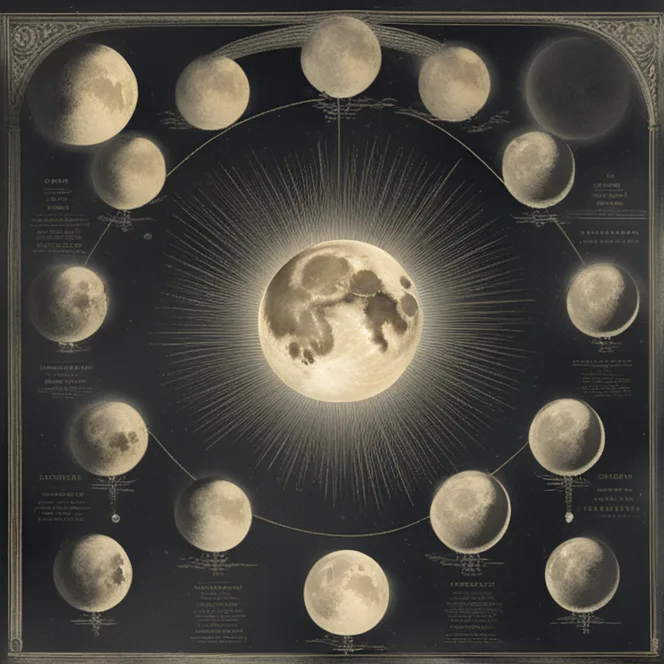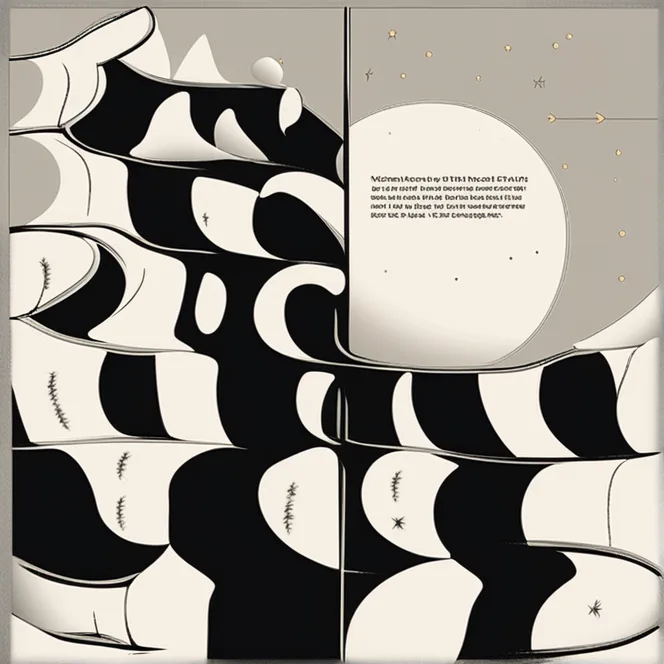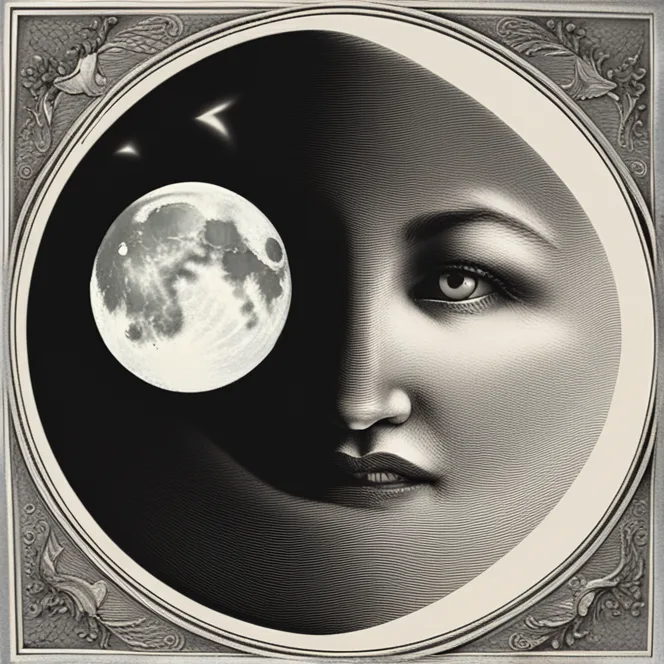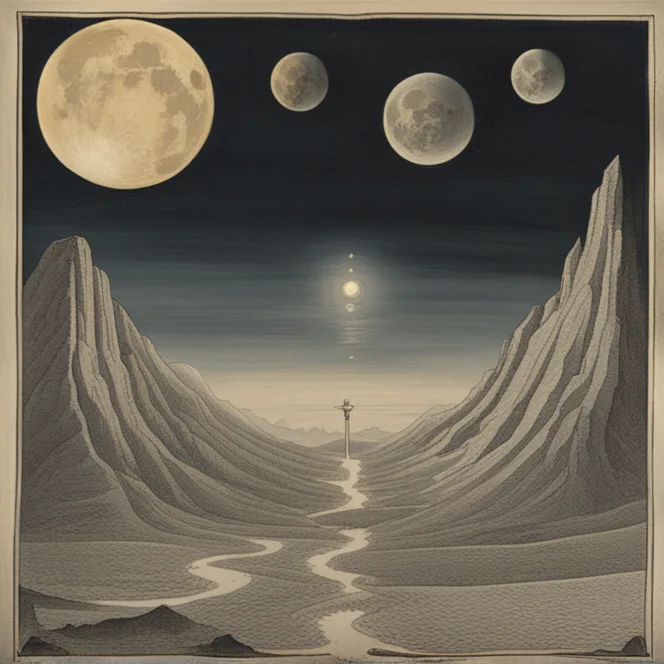
A Closer Look At The Moon’s Retrograde Paths
Explore the fascinating concept of the moon’s behavior in the astrological sphere and unravel the myth behind the moon's retrograde motion.
article by Priya Deshmukh
The Phenomenon of Retrograde
In the realm of astrology and celestial movements, the term 'retrograde' is well-acquainted with planetary behavior, often causing a stir among those who follow astrological events. Retrograde motion describes the apparent reversal of a planet's orbit as viewed from Earth, an optical illusion that paints a vivid picture of planets moving backward in the sky. This illusion arises from the perspective shifts created by the relative positions and movements of Earth and other planets in our solar system. The result is a fascinating dance that has intrigued astronomers and astrologers alike for centuries.

The Moon's Orbit Explained
The moon, Earth's closest celestial companion, has a profound influence on our planet, governing the tides and subtly affecting life's rhythms. Unlike the planets, the moon orbits Earth and not the sun, which leads to a significant distinction in its observed motion from our vantage point. It circles our planet in a regular, predictable path, completing a full orbit approximately every 27.3 days—a cycle known as the sidereal month. This consistent movement makes the daily shifts of the moon's position in the sky familiar, yet essential, to the observer's eye.

Debunking the Retrograde Myth
Now, to address the core question: Does the moon ever technically enter retrograde? The straightforward answer is no. The moon does not truly retrograde. What might be misconstrued as retrograde motion in the moon arises from its phases and libration—not an actual reversal of its orbit. Libration refers to the slight rocking and nodding of the moon as it travels around Earth, which allows us to see a bit more than half of its surface over time. While planets can appear to travel backward or retrograde from our perspective, the moon's swift orbit around Earth prevents such an illusion from forming.

Misinterpretations & Astrological Significance
Within the community that practices and values astrology, misunderstandings can occur when discussing celestial events. Sometimes, lunar activities such as eclipses or specific phases are mistakenly labeled as 'retrograde' due to their impactful nature in astrological interpretations. Astrologers pay close attention to the moon's phases, considering new moons and full moons as significant times that mark beginnings and culminations in the astrological calendar. Despite the absence of retrograde, the moon's energies are believed to influence individuals on a deep, emotional level, guiding personal growth and inner reflection.

Integrating Lunar Wisdom
As we continue to navigate the rich tapestry of celestial phenomena, understanding the true motions of the moon can strengthen our connection to both practical astronomy and metaphorical astrology. With no retrograde path for the moon, we may instead focus on the rich symbolism that each phase represents. Embracing the new moon's symbol for initiation and the full moon as a time for fulfillment, we weave the lunar tapestry into our individual experiences and collective consciousness, shaping rituals and reflections on our personal journeys.
In conclusion, while the moon itself does not experience a retrograde motion, its role in astrology remains undeniably potent and influential. Recognizing the distinction between planetary retrogrades and the steady course of our moon can enrich our understanding of both scientific astronomy and the intuitive art of astrology. As we gaze up at the night sky, we can appreciate the moon's consistent luminescence and the celestial harmony that guides the rhythms of our world.
Published: 12/4/2023
Modified: 12/4/2023
More predictions
Come back here soon to learn more about yourself and your future


2024 Astrological Transits & Their Impact
As we approach 2024, the celestial canvas will be painted with a series of significant astrological transits, each heralding unique influences and potential shifts in our lives. Astrology, the ancient practice of interpreting the movements and relative positions of celestial bodies, offers insights into the energies and themes that these transits bring.


Neptune’s Veil: Deciphering Illusions In Love
In the realm of astrological influences, Neptune, the planet of dreams and illusions, plays a pivotal role in shaping our perceptions, especially in romantic relationships. Known for blurring the lines between reality and fantasy, Neptune's influence can either create a magical bond or lead to misunderstandings and unrealistic expectations in love.


Lunar Affirmations: The Celestial Guide to Transforming Your Life
The moon, with its silvery allure, has been a source of mystery and reverence across various cultures and epochs. While it influences the tides of our vast oceans, little do many realize that it can also affect the ebb and flow of our emotional tides. One way to harness this profound lunar energy is through the practice of lunar affirmations. By understanding and using these, we can truly embark on a transformative journey